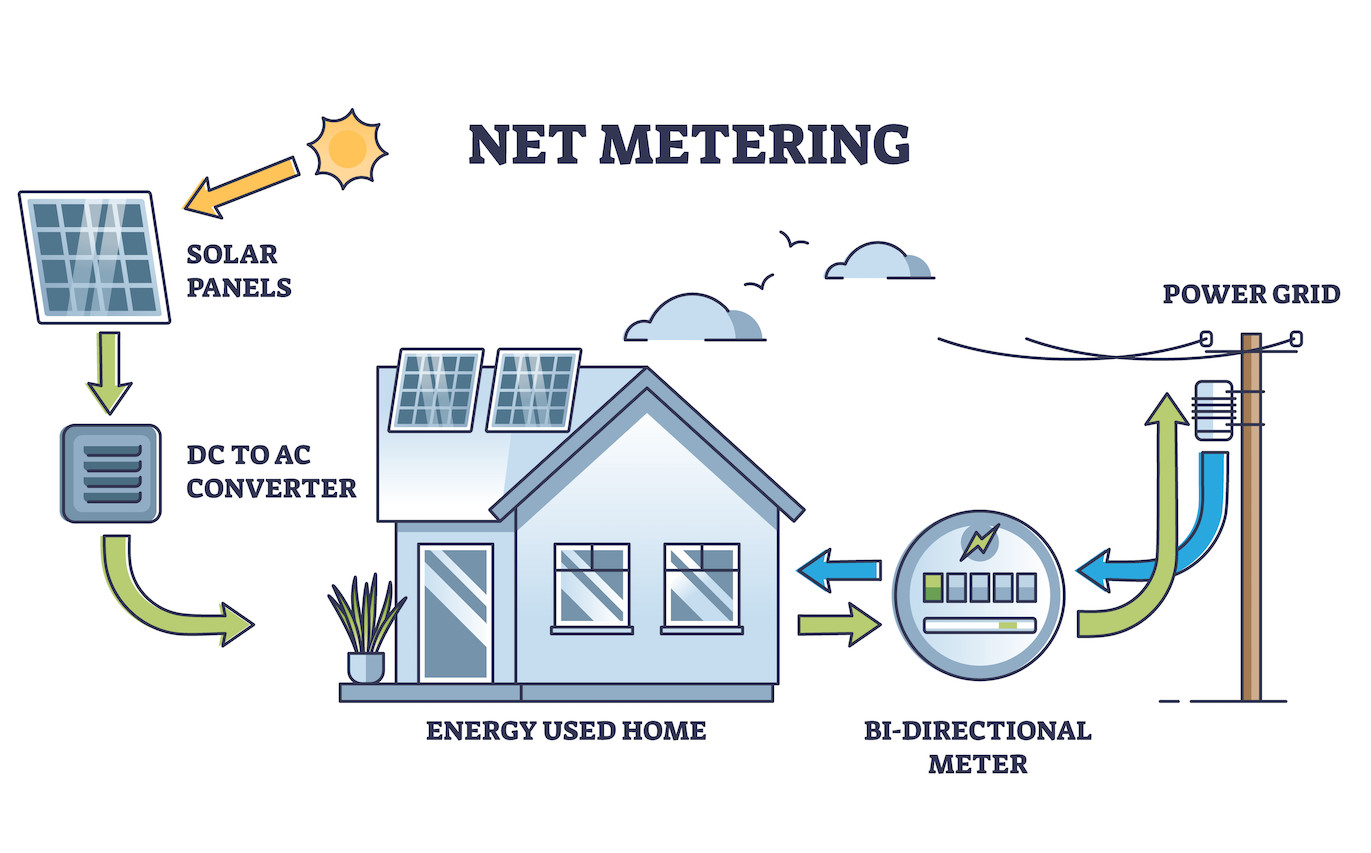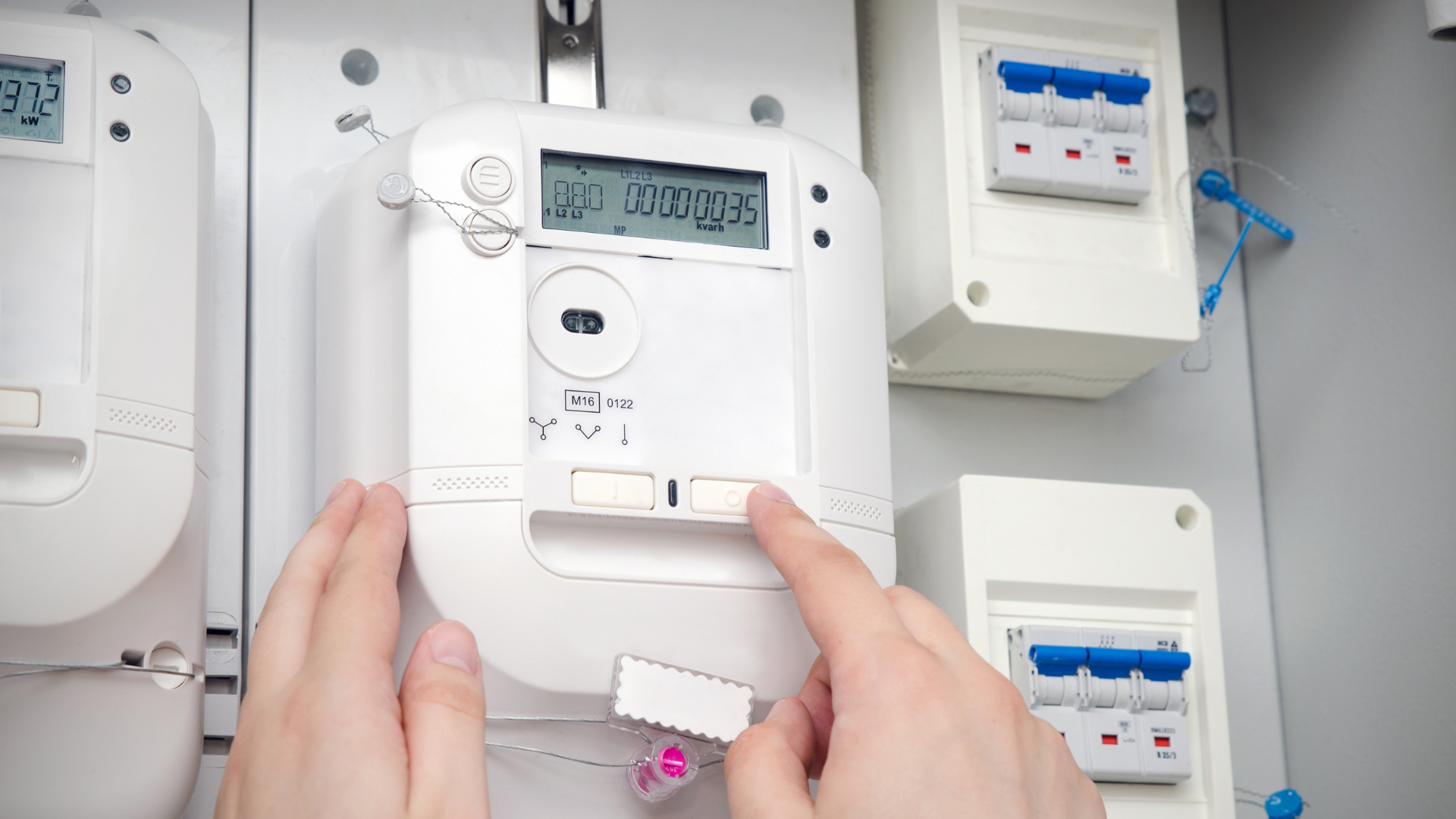If you decide to go solar, one of the questions you’ll be asked is how you’d like to manage any surplus solar energy your panels generate. Generally, you have two options: net metering and net billing.
What Is Net Metering?
Net metering is an arrangement with your utility company that allows you to send any extra power you produce to the power grid. You’ll receive credits for the power you provide. You’ll be able to redeem this credit for grid power.
What Is Net Billing?
Net billing allows you to sell your excess solar power at a wholesale rate. You get paid cash for the energy you provide rather than credits for power in the future.
4 Differences Between Net Metering and Net Billing
In order to figure out which option is ideal for you, it’s crucial that you understand the key differences between net metering and net billing.
1. Net Metering Provides Credits at Retail Cost
Typically, net metering credits are provided at retail cost, and the rates could change over time. The credits you receive can only be used for power in the future.
Net billing, on the other hand, may credit you at a low wholesale rate. This arrangement allows you to generate much more power so you can make some money back. However, it’s important to keep in mind that net billing doesn’t allow you to choose or negotiate your rates.
2. Net Billing May Require Extra Storage
Choosing net billing means you will pay more for storage. Net metering doesn’t require any batteries, and your utility company will bank the excess energy on your behalf. However, there’s a possibility that you may lose a small amount of money if you don’t get back the total amount of energy you create. Local policies and regulations can impact the amount of energy you receive in return for your contribution.
3. Net Metering May Provide a Faster Return
If you are looking for the faster return on your solar investment, net metering might be your best bet. However, you may see the best results over time with net billing. Ultimately, you may need to consider how quickly you want to see a return on your investment.
4. Availability Matters
Depending on where you are, the availability of net metering vs. net billing may vary. Additionally, regulations specific to your area can also impact which option is preferable.
Which Option Is Better?
When comparing the benefits of net metering vs. net billing, your goals will make a huge difference in which you choose. Ultimately, the best decision for you will depend on how much you value each of these characteristics and what’s available in your area.
If you’re making more energy than you need with your solar panels, Solar Optimum can help you navigate your options. Contact us to take advantage of your state’s solar incentives and start saving on your energy bill.






